Editor’s note: To mark Gay Pride Month, we are republishing this moving story about two veterans who built a life together after serving their country.
***
On a sunny day in September 2013, two 45-year-old women happily got in their car to drive from Texas to California. One was Cassaundra C’De Baca, a recent Air Force veteran-turned-founder of a Women’s Veterans’ group called F7. The other was Alba Melgar, PhD, then in the Texas Army National Guard after 20 years in high ranks in the Air Force and the Army and two tours in Iraq. On their way to California—where Cassaundra was speaking at a conference for women veterans—they would be stopping in Albuquerque because they wanted to see relatives and because the paperwork for what they were going to do was easier there.
They were excited! Something had happened three months earlier that made it possible for them to do what they’d never be able to do, especially because of their military service. Gay marriage had become legal in America, and they were going to get hitched.
That’s right. Gay marriage, which seems today to be not only so right and fair but almost ho-hum accepted—look at Pete Buttigieg, coolly undefensive about having a husband—but which had been opposed, as recently as 1996, by (pause for a head spin) our groovy Boomer President Bill Clinton, became law on this day exactly six years ago. On June 26, 2013, the last kernel of the Defense of Marriage Act, or DOMA, was defeated by the U.S. Supreme Court. Edie Windsor, the heroine of the case, had worked for six years to retroactively make legal in the U.S. her Canada-granted marriage to the love of her life, Theya Spyer. In 2010 she had been denied by one provision in DOMA. Then, on that happy June day, the Supreme Court affirmed a lower court’s repeal of the provision. This welcome change was paved by the Gay Rights Movement, which grew out of the Stonewall Riots that happened 50 years ago this month.
Without realizing it—they were too giddy to look up details—Cassaundra and Alba would be the first gay couple to get married in the state of New Mexico.
Read More: Lori Lightfoot, Chicago’s New Mayor, Breaks All Kinds of Glass Ceilings
The Momentous Day
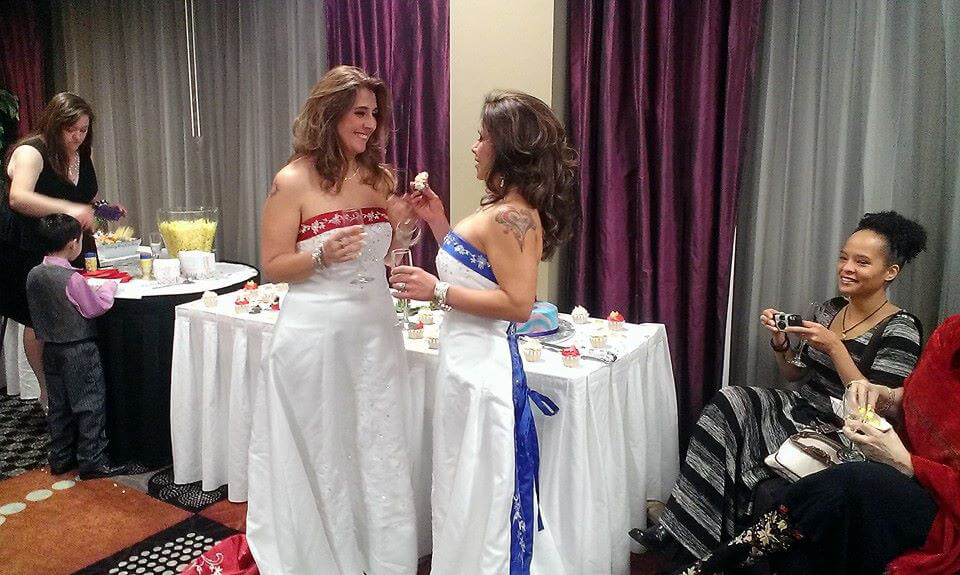
At a park in Albuquerque, a female pastor stood between the two brides. Alba’s hair was slicked back. She wore a medals-bedecked formal dress-blues jacket and skirt; her pride in being able to marry the love of her life in her military uniform was “unbelievably significant,” she says. Cassaundra, with long, flowing hair,wore a chic grey paint suit. They slipped identical rings on each other’s fingers. They would now share a hyphenated surname: Melgar-C’ De Baca. They were so excited to be able to do so that they changed their cars’ license plates to shortened versions of their joined name. Then, not to let the magic of the moment pass without super-celebration, they had a second, bigger, fancier wedding a few months later in Austin, where they live. At this second wedding, they wore matching gowns.
Without realizing it, Cassaundra and Alba would be the first gay couple to get married in the state of New Mexico.
To heterosexual couples, marriage has always been available, so many couples don’t need this big a whoop-de-doo. To some gay couples, existing with social and professional ease in progressive milieu and occupations, marriage was a terrific thing and an economic benefit, but to Cassaundra and, especially, Alba, their ability to marry was everything. Their wedding vows described the difference that existed, for many gay couples like themselves, before June 26, 2013. Looking in Alba’s eyes, Cassaundra had said: “The world has not made it easy for us to find each other, nor has it made it easy for us to love each other and be able to share that love publicly. But nothing worth having is ever easy.”
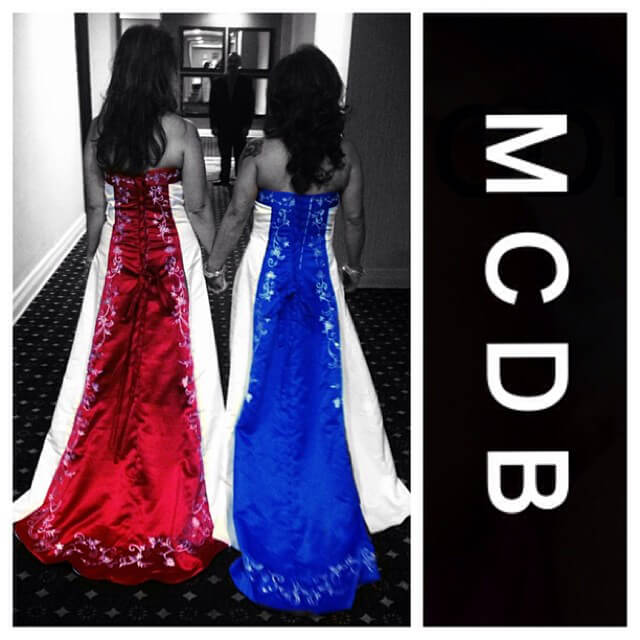
Then Alba, who has retired from the Army and is now the CEO of a training and consulting organization, continued from there: “We have both searched the world over in hopes of finding someone who could understand us. The one I could cry with and laugh with and soar to the moon with … finally.” Cassaundra then said, “The journey may not be easy as we go down this uncharted path. There is no one I would rather travel [with].”
Living a Lie
The acceptance of gay marriage in America (and in the military) has made all the difference to this couple. But that earlier uncharted path was very rocky for both women. “Our stories were different,” says Alba. But both were intense. Listen to them and be reminded that, while Millennials may well take gay marriage for granted (to them, it’s Old School issue; they’ve moved on to non-binary sexual identification), midlife women, especially those who were religious and who were successful in conservative professions, often have a different story of how important being able to be open about their love was through the legitimacy of marriage.
ALBA: I was born in El Salvador, which was in the middle of a dangerous civil war. Neither of my parents finished high school. When I was three, my father—having applied for visas for the family multiple times—finally got us out, and we drove in a 15-passenger van to America: Texas.
I was so grateful to be in America! And I was so grateful to my parents! My mother was a huge advocate for lifting ourselves up through education—she drove me to school every day, and reiterated the importance of learning—and my gratitude to both my family and my country led me to enlist in the Air Force in 1989, when I was 21. I wanted to give back to this wonderful country by serving!
I had complete self-discipline. Heterosexual: that was the role I played!
My family was traditionally Latin American Catholic; homosexuality was not accepted, so I pushed my feelings [of same sex attraction] down inside myself as deeply as I could. I dedicated myself to my family and my career. Every week I sent a check home to my family so they could buy the home they live in now.
As for the military: Homosexuality was grounds for dishonorable discharge before 1994’s “Don’t Ask, Don’t Tell,” which awkwardly improved things a little bit by making the harassing of closeted gays illegal but which kept homosexuality as grounds for dismissal. For the sake of her religious family and her military career, Alba buttoned herself up—tight.
I had complete self-discipline. Heterosexual: that was the role I played! And I played it well. At 28, I got married. [“Don’t Ask, Don’t Tell” was now in effect.] My husband was in the military, and he didn’t know I was gay. It wasn’t challenging for him to believe I was straight, I worked so hard at keeping my true self hidden. I tried so hard to pretend I was happily married!
I had completed my masters and started my PhD and was a Lieutenant Colonel in the Army.
But I was starting to spend my nights crying. I couldn’t believe that this was my life! You look at your accomplishments and your material things and say: Why am I so incredibly depressed?! I had put everything except my work and my family and the “right” way to live in a box and locked it with a key.
At 40, in 2011, she was sent on her second tour of Iraq.
I was responsible for shutting down the bottom two thirds of the country: closing bases, returning property. I had 110 Soldiers under me. I took care of everyone: my Soldiers, my family at home. My mother was 80, and I promised I would take care of her. That whole experience put me over the edge.
I felt like rebelling, being reckless. But I couldn’t be reckless—that wasn’t me. But something in me was ready to explode.
When I got home I thought: I’m 40 years old and so unhappy. I thought: Why can’t I just end it already?! I was just waiting to die. This feeling would end soon.
CASSAUNDRA: I’m not an immigrant like Alba is. My father—my stepfather, really—was career military, and I grew up all over the world. My mom was a single mother when she met my stepfather, so I always saw him as the white knight with high ethics who came and married my mom—and I put him on a pedestal that correlated with the military. So I wanted to join the military, too. I wanted to travel the world! I loved the military camaraderie.
We lied about who we were because we didn’t want to be sent to the brig.
I always knew I was gay, but I knew, when I went into basic training at Lackland Air Force Base in San Antonio in April 1986 [ten years before the anti-gay Defense of Marriage Act passed Congress by a veto-proof margin] that they wouldn’t let you in if you said you had ever been attracted to someone of the same sex.
I met other people who were gay, like me, but we all kept it in the dark. We lied about who we were because we didn’t want to be sent to the brig.
I did at one point share my feelings with one of my superiors, and that was a mistake. In the ‘80s there was a lot of really bad sexual abuse against women in the military, and when a male superior came on to me, I confessed to my boss that it was not mutual [because she wasn’t attracted to men]. My boss told me: “It’s a whole lot better for you to allow this behavior to be done to you than for anybody to find out you’re gay. Because if they find out you’re gay you’ll get kicked out—dishonorably discharged.”
My dad was still serving; I didn’t want to take anything away from his career, so you just allowed people to behave inappropriately. The alternative was scary.
But I reported another instance [of sexual harassment],and I was threatened with having my security clearance removed. They said they would also take my father’s security clearance away and that nobody would believe me and my life would be ruined.
I wasn’t happy about going to [gay conversion therapy], but everyone and everything around me was telling me I had to do this.
This happened to a lot of closeted gay women. Male superiors could get away with harrassment because they knew we would keep our mouths shut. We all just had to go along with the threat.
In 1987, a year after her second experience of sexual harassment, Cassaundra, now in active duty in the Air Force, married a fellow service member.
My decision to marry was similar to Alba’s: I wanted to fit into the societal norms. I didn’t want to be different! My husband and I became parents: I had a son, and then a daughter.
People said it was a “choice,” being gay or straight. I wanted a life that was easier.
Unlike Alba, who kept her sexuality secret from her husband, Cassaundra told her husband the truth: She was gay.
He kept my secret. We talked about it. I went to a lot of different counselors to try to turn straight. Exodus International, Heart to Heart: there’s no end to sexual orientation conversion therapy groups! I wasn’t happy about going to them, but I was attending a Christian university and everyone and everything around me was telling me I had to do this.
My husband thought I could “pray, pray, pray it [her sexual attraction to women] away,” but he wasn’t mean and ugly about it.
It was December 1996 when I told him that all the conversion therapy wasn’t working. “I’m pretty darn sure the gods are okay with me.” I said. “Don’t Ask, Don’t Tell” had just come out in President Clinton’s name, so my husband and I hid my gayness from our leadership because, while they were no longer allowed to ask [if someone had a same sex attraction], if they found out anybody in our ranks was gay they were going to take care of it in a very negative way—like kick the person out without benefits.
My college did find out—and here’s what they did: I had been a straight-A student, so they retaliated by throwing a B in my transcript so I wouldn’t be the top student to graduate.
In 1997 Cassaundra and her husband quietly divorced, doing all the legal work themselves and working out a joint custody arrangement. Then something happened that sharpened her perspective about being true to herself. Twice in the past she had been harassed but now she was being widely named as a complicit partner.
A rumor started raging [in her military unit] that I was having an affair with my [male] commander. The truth is: He was sexually harassing me. So I went to my boss and said, “There’s no way that is true! Not only, as a woman, is sexual harassment unwelcome, but” [revealing her orientation more than she had ever done before] “he was a male. So it’s doubly untrue.”
My boss said, “Let the rumor fly. It will die down. It’s better than getting a dishonorable discharge [for being gay].”
That did it. I got out of the military, and I came out as gay. In 1997.
I was so relieved! It was like a tanker was taken off my chest!
My only concern was for my children, who were 7 and 8 at the time. My ex-husband and I didn’t say anything for a couple of years, but they were growing up in a more enlightened era.
Coming Together
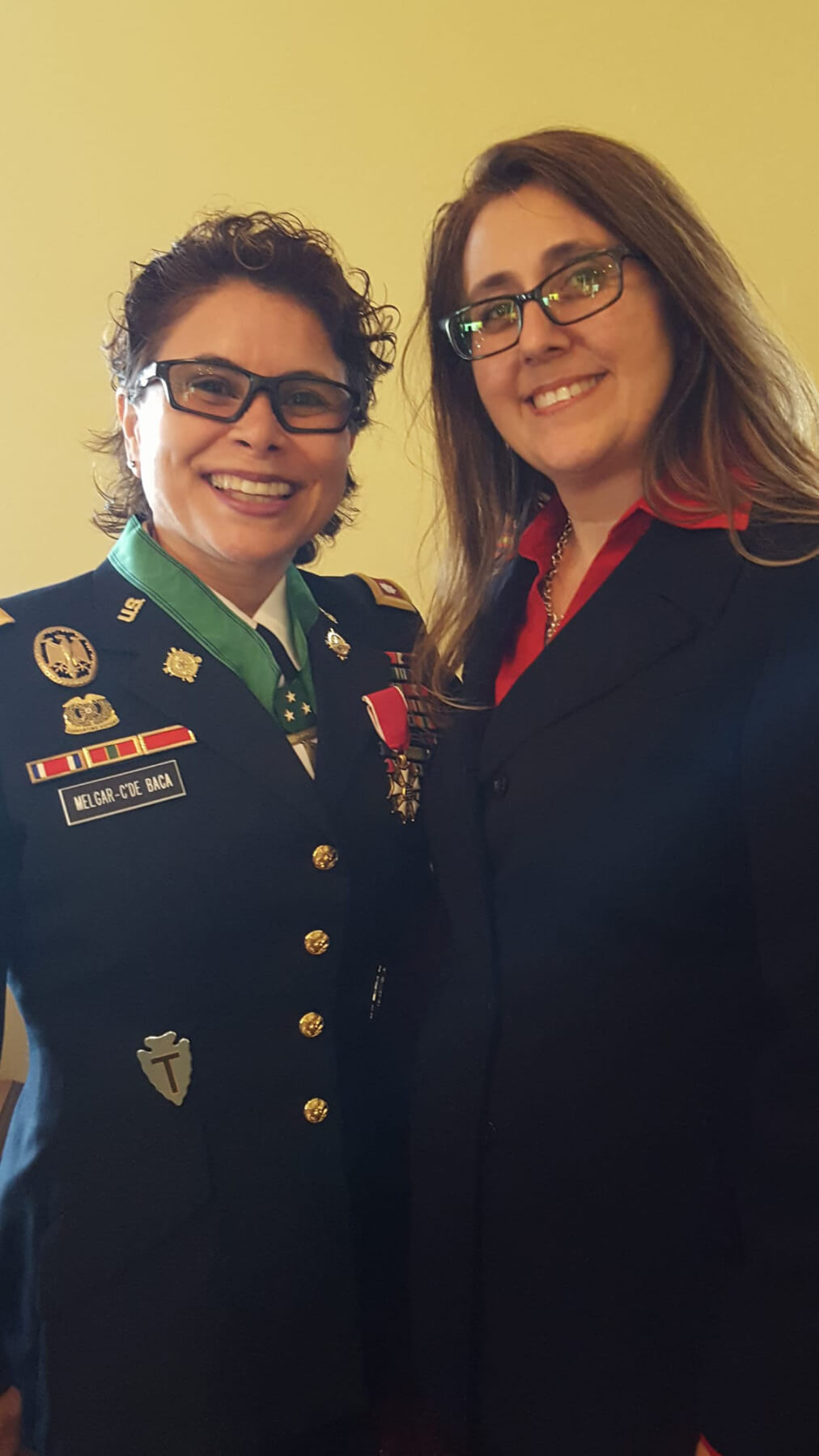
ALBA: That same year, 1997, that Cassaundra came out, I was still hiding my identity—to myself and everyone else. Still married. Still working my way through the military. And still feeling I didn’t want to live. I was so different from Cassaundra. Cassaundra thinks that being free to be herself was what led to her working on innovative projects all over the world.
CASSAUNDRA: I’m a builder and I’m curious. I’m an entrepreneur. I like to create things, to innovate. And I was more than curious when I met Alba, in 2011 [this was the year that the Obama administration refused to support DOMA] at a women’s veterans’ organization.
What did I think of her? I saw this hot-shot Colonel running around the place like she owned it. I thought she was amazing, beautiful, very successful.
ALBA: Cassaundra was CEO of this organization and was asked to go to the White House, and she was going to receive an award.
CASSAUNDRA: And I felt puffed up and proud as I handed Alba my business card. But she handed my card to her deputy! And she said, ”My deputy will set up a meeting with you.”
So that was a pretty quick way to deflate my ego!
It was enough for me to walk away for a couple of years. I was in a relationship; Alba was married [and still hiding her sexual orientation]. So all we had was a huge mutual respect when we would see each other, from time to time, at events.
My mom had a really tough time with it. But today she sees how happy I am.
ALBA: Unlike Cassaundra, I still didn’t want my homosexuality to be displayed in any way. I was still taking every precaution I could: being dedicated, doing my work.
CASSAUNDRA: Over the next two years, Alba I would see each other at gatherings—we often spoke at the same events. Our friendship blossomed into deeper friendship. I knew I was in love with her, but her attitude was cautious: She was married and still in the military, and she was out of touch. It was not a romance. It was a—waiting.
We watched the tide turn against DOMA. We hedged our bets. Making gay marriage legal would change everything for us, would give us a chance.
And then, when it looked like DOMA was going to be defeated, Alba did something that was not easy for her to do. A couple of months before June 2013, she told her husband the truth—that she was gay—and she asked for a divorce. And she told her mother.
ALBA: My mom had a really tough time with it. She had been strict Roman Catholic—this was not something she expected. But today she lives with us and she sees how happy I am, and she is very fond of Cassaundra. And Cassaundra takes really great care of my mom. So it’s worked out.
With my husband—I told him and … he was not shocked. [So much for Alba having thought she’d put on the perfect act!] But he wasn’t expecting me to ask for a divorce. He wanted me to go through some kind of conversion therapy, so we could “work it out.” But, no. Cassaundra had already been through that and it hadn’t worked out. He granted me the divorce.
CASSAUNDRA: My kids were awesome. I waited a while to tell them why I had actually divorced, and by the time I did, they were like, “yeah we know.” Before the marriage, Alba actually got on a Skype call with both of them. My son Daniel (24 at the time) asked me, “Does she treat you like a queen?” He wanted to make sure I was getting treated like he thought I deserved. My daughter, Anne-Marie (22 at the time) asked Alba what her relationship with her family was like. She wanted to know how important family was to her. My grand-daughters think Wonder Woman is “just trying to be like Alba” so that tells you how my family feels about her
Read More: Calamity, Cults, and True Grit—The Incredible Life of Congresswoman Jackie Speier
Gay Marriage: The Turning Point
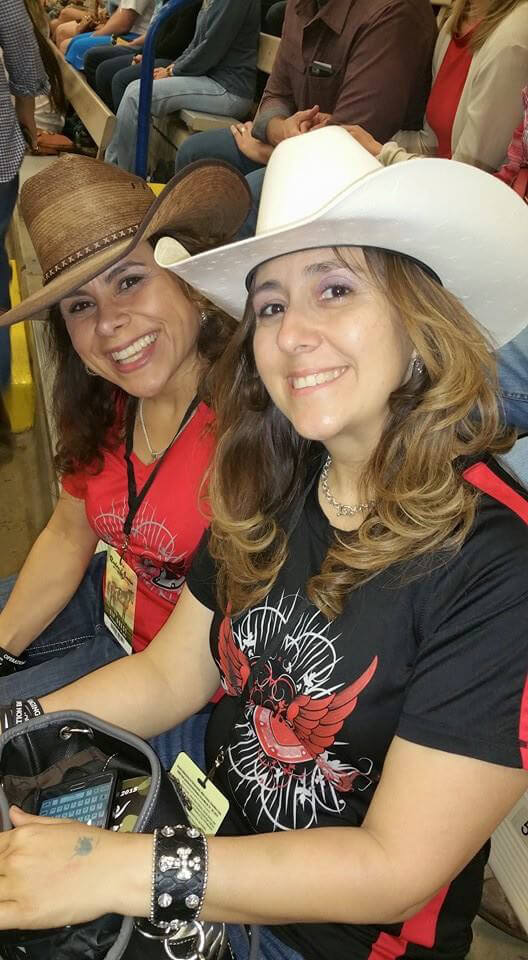
CASSAUNDRA: We knew that, if gay marriage was legalized—if the Supreme Court decision went the right way—the military would be fine with it. The military are early adapters. When you think of any social justice change—racial integration of troops, women being given higher rank—the military was first. It was just a matter of waiting for that decision to be made.
Saying, out loud, ‘this is my partner,’ who will soon be my wife: It was liberating.
Our biggest night was just after June 26. There was a huge formal event for Alba’s unit, and this was the night she was going to come out. We would attend together, as a couple. I had moved into her house by then.
Alba is the most confident person I’ve ever met, but that night, walking into the event, she was a nervous wreck. I didn’t say anything—I just let her be. She had such a good reputation, I had such a good reputation. I knew that she—and we—would be accepted. I’m an optimist; I knew she’d be okay.
ALBA: It was really tough, I was really concerned about what kind or reception I would get. I was among all the senior officers, and the majority of people there were either my grade or higher. When we got to the event I went right up to the bar and got a tequila—I needed liquid courage. Then, after I drank my tequila I started introducing Cassaundra to everybody. “This is my partner,” I said. That was the hardest thing I ever did. I had been in combat multiple times, but, somehow, this was harder than combat. But people were very kind and accepting! And their response made it easier on my soul. Saying, out loud, “this is my partner,” who will soon be my wife: It was liberating. Cassaundra and I had a great evening, and life has only gotten better since.
After a lifetime of suffering, I met a woman who made my life worth living.
CASSAUNDRA: So that was the turning point: that acceptance, that legitimacy.
To military women with terrific aplomb but respect for convention and tradition—to any women, or men, with respect for convention and tradition—being able to get married was not an extra frill to a relationship they were otherwise comfortable with among their already liberated peers. It was essential to legitimacy, to dignity, to morality itself.
ALBA: This anniversary—the legalization of gay marriage—matters! After a lifetime of suffering, I met a woman who made my life worth living. And with her I have an amazing, happy, wonderful life. Still, sometimes, even now, almost six years later, I wake up in the morning with Cassaundra, or I’m sitting across the dinner table from her, and I can’t believe I can call her my wife. I guess that underneath it all, I, like Cassaundra, was an optimist.
After decades of giving to America our hard work, our talents, our many sacrifices, our loyalty and dedication, America could finally give this gift to us: the legalization of our love.
A version of this story was originally published in June 2019.
***
Sheila Weller is the author of seven books (three of them New York Times Bestsellers), the best of which is Girls Like Us: Carole King, Joni Mitchell, Carly Simon—and the Journey of a Generation, which Billboard magazine recently named #19 of the best music books of all time. She has been writer of major features for Vanity Fair, a recent longtime senior contributing editor at Glamour, a has written for the New York Times Opinion, Styles and Book Review and for just about every women’s magazine in existence. She has won 10 major magazine awards.

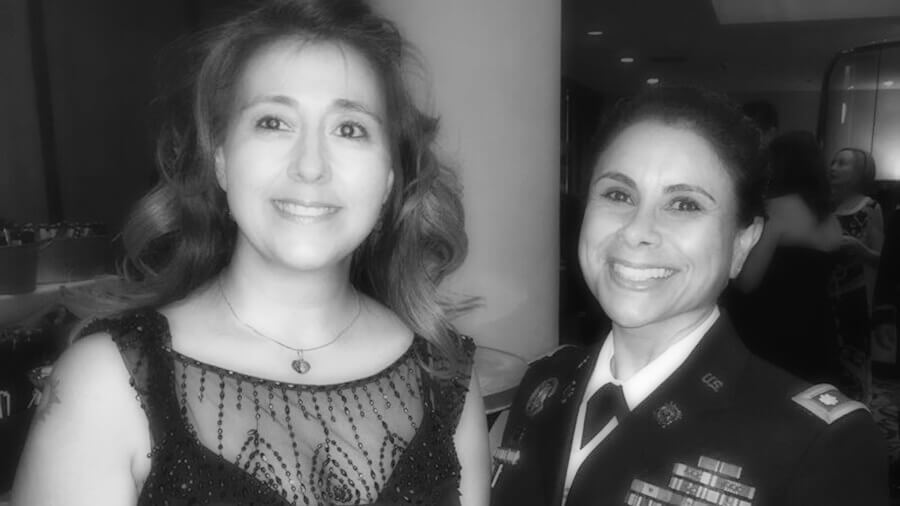
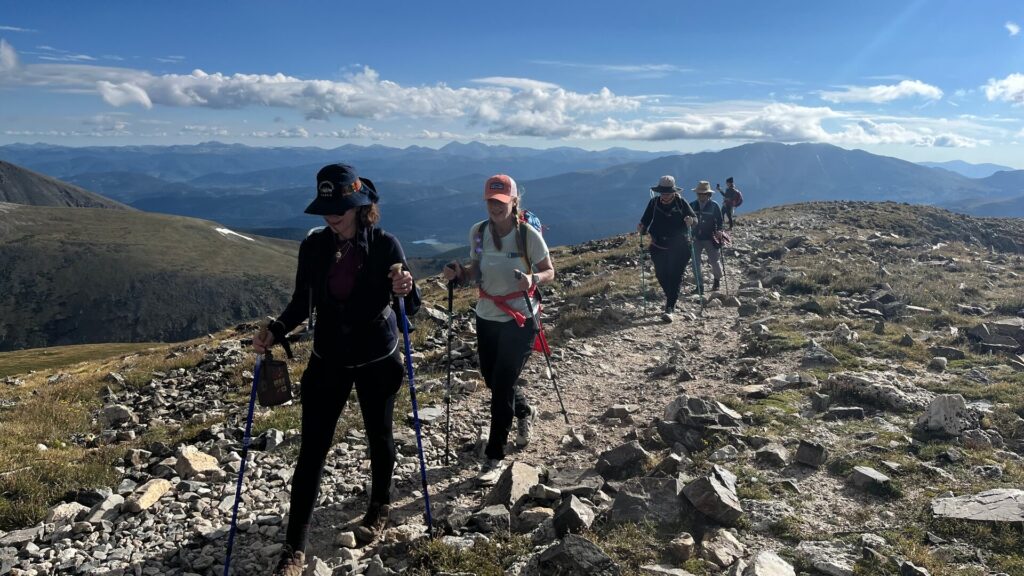



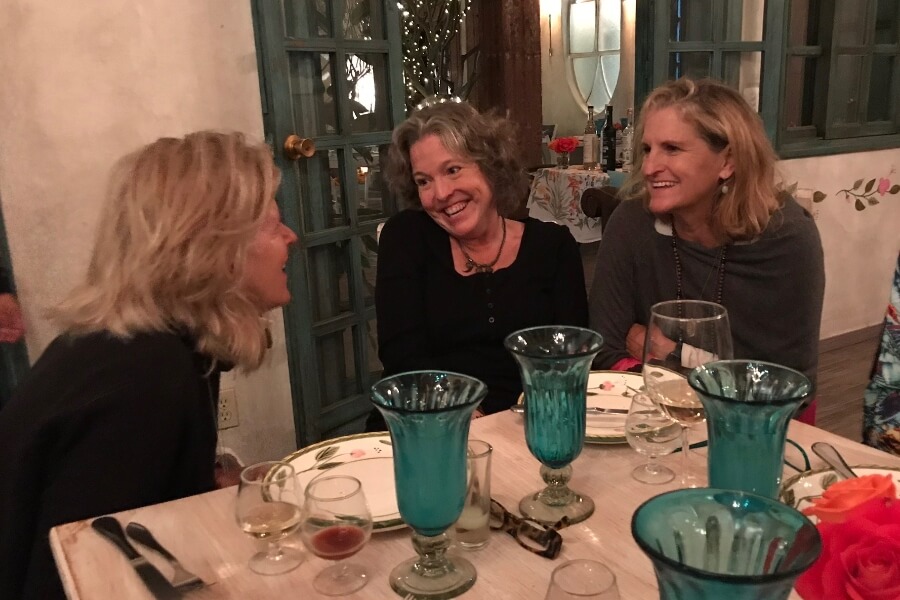
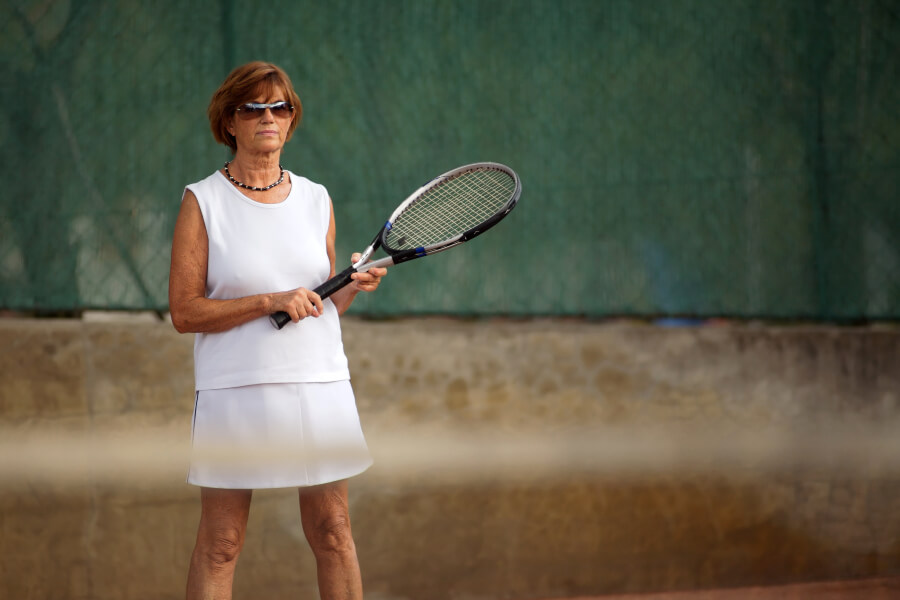
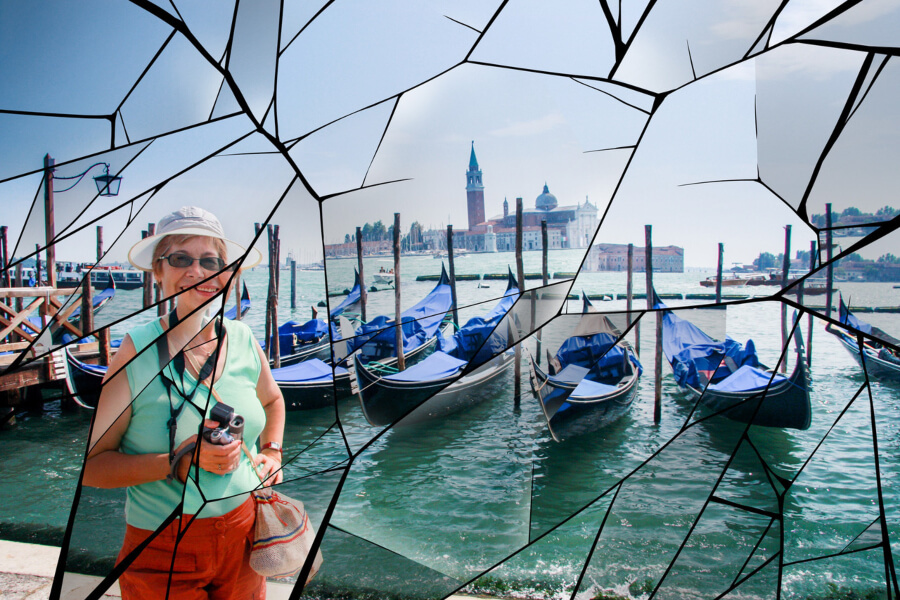
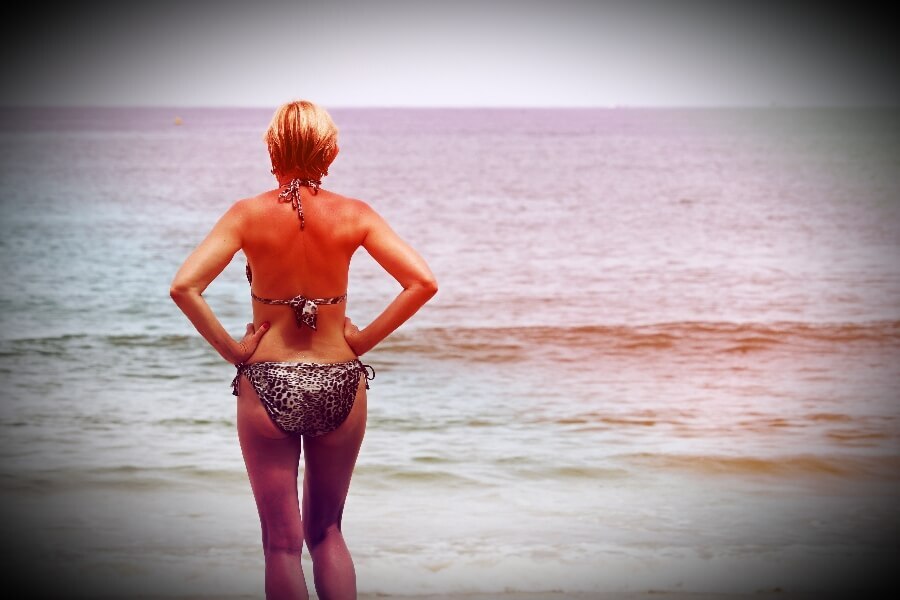
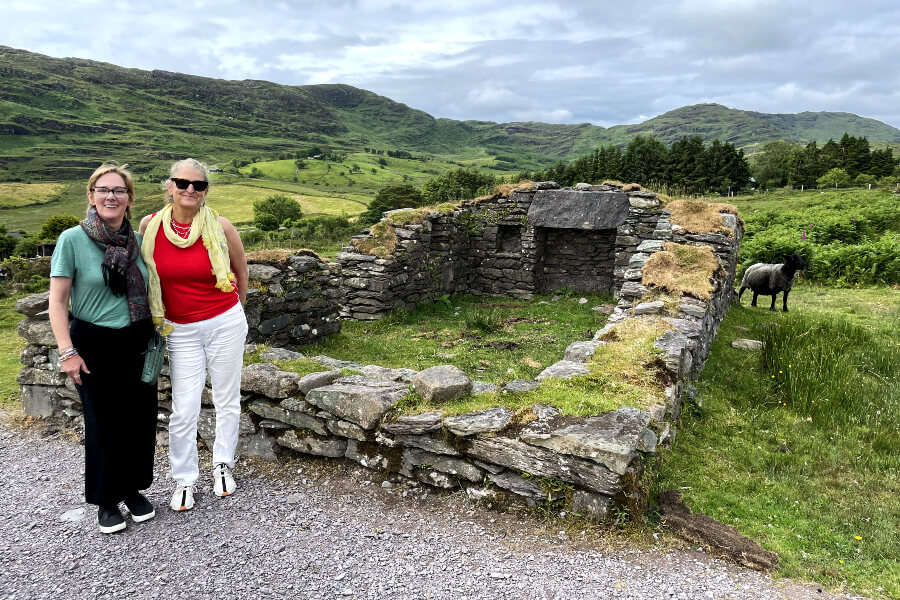
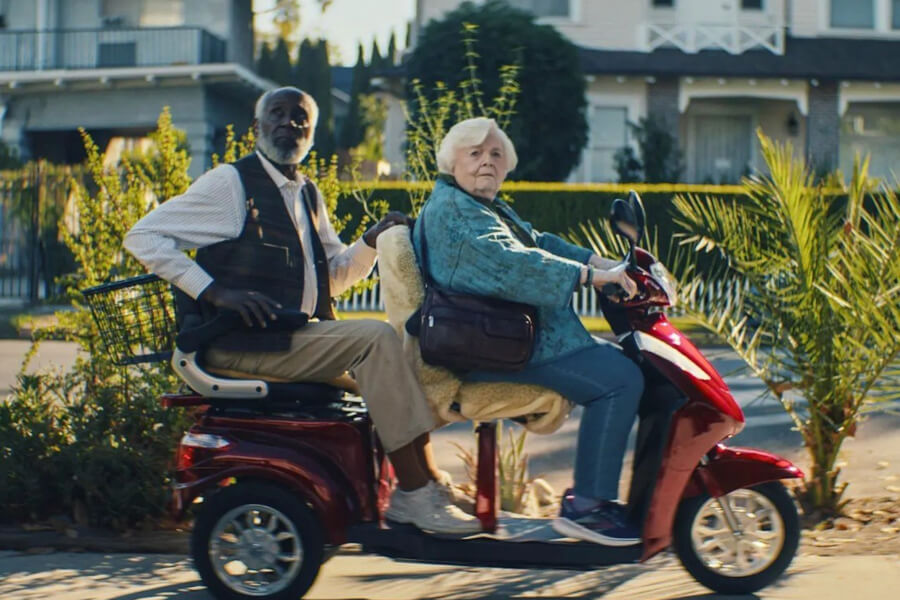
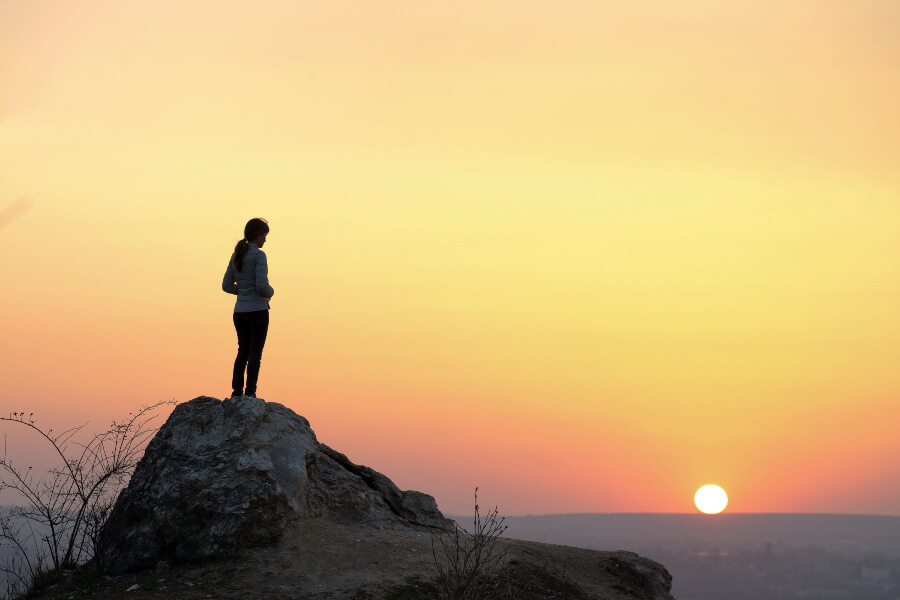
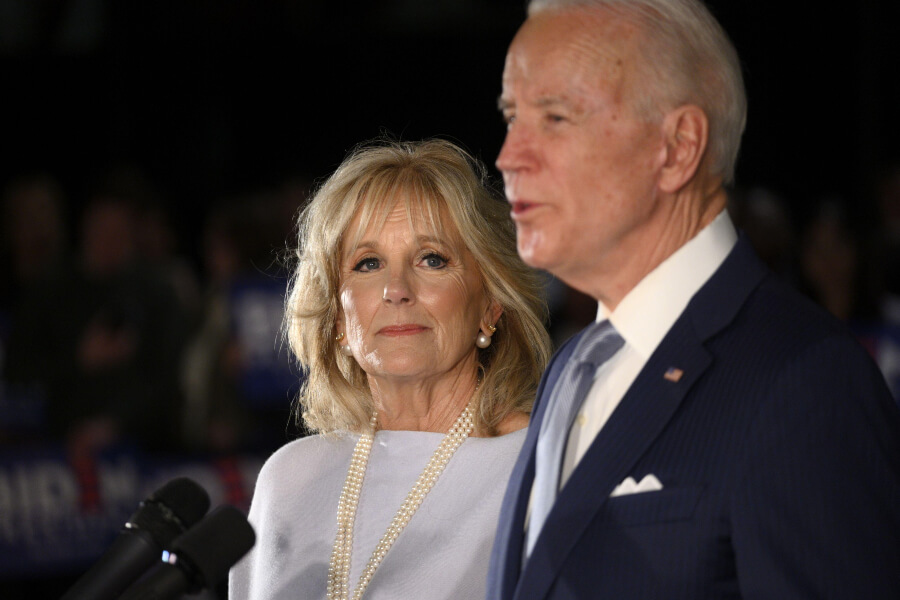




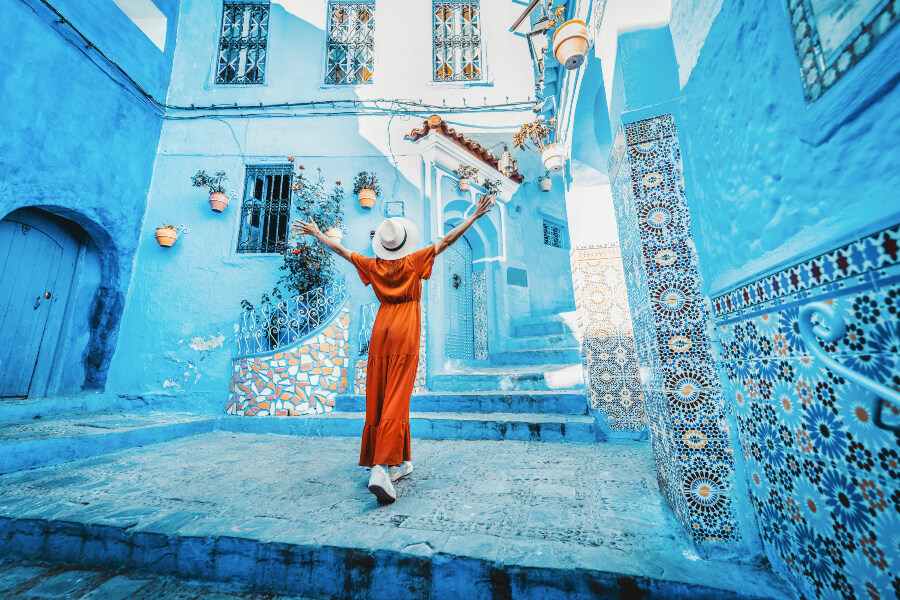


0 Comments